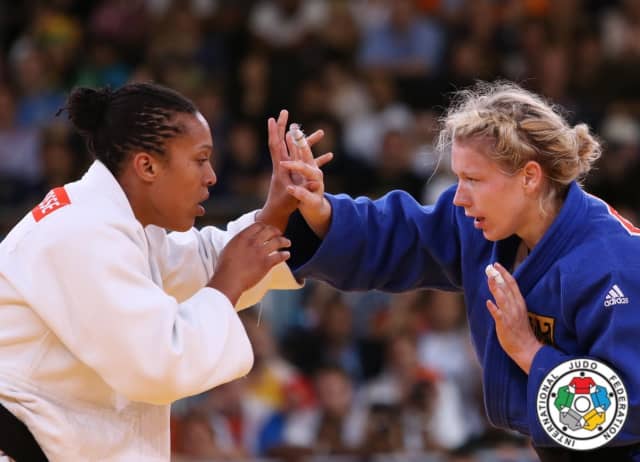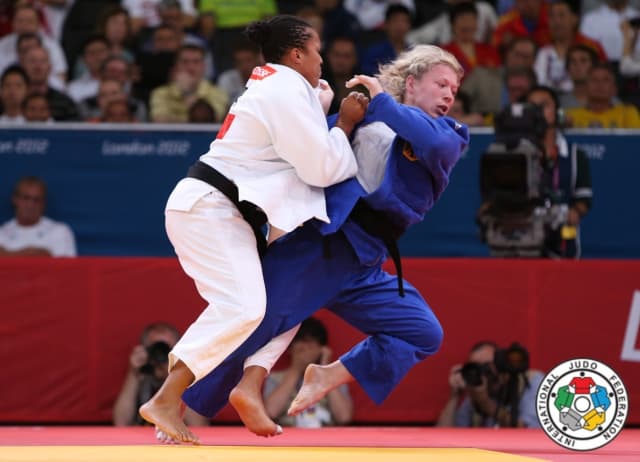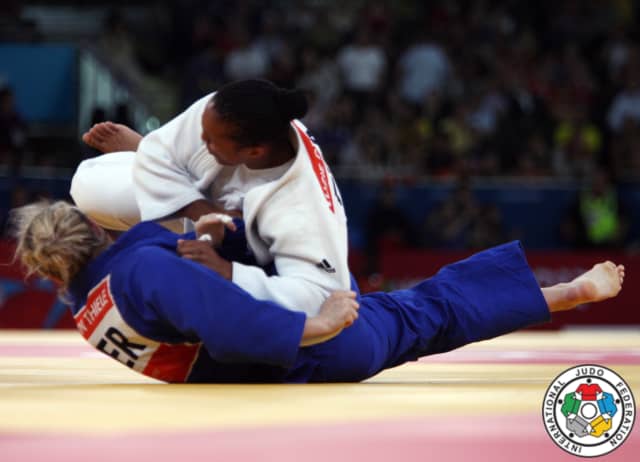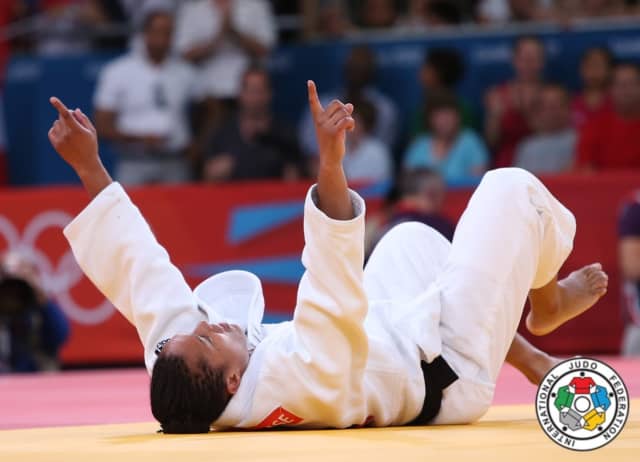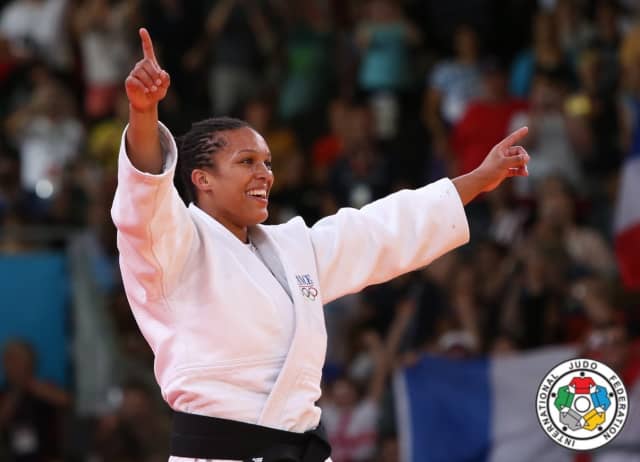We introduced the statistics, the almost impossible feat and the question in our first article in the series, which can be found here:
https://www.ijf.org/news/show/151-olympic-champions-tokyo-to-tokyo
A reminder of the question:
It could be said that to be in the company of an Olympic judo champion is to be presented with someone whom has reached an absolute pinnacle, a ceiling which cannot be surpassed; there is nowhere further to ascend in the world of sport. We often find Olympic champions speaking with freedom and certainty, unafraid to share an opinion, speaking of their lives and journeys with confidence. For many we feel there is peace, and that can be magnetic and inspiring.
So the question is, did they become Olympic champion because of that character or did they become that person having won the Olympic gold medal?
“I won Olympic gold at the age of 31. My experience at the high level was very long and it was really the end of my career. I placed 7th at my first Games and then 2nd at the next one. I won gold third time around, not at 17 like Iliadis. I never gave up on my goal."
"I cannot say that my character or determination did it. I have these qualities like many judoka do. The experience of two Olympic Games and 7 world championship appearances before that title; it happened after all of this. It wasn’t like I always felt I was the best, it was the accumulation of experience.
I am determined and it was my only goal. I didn’t choose to concentrate on my studies. When I joined the French team I wanted to be Olympic champion. There were no other hobbies or distractions. I joined the seniors at 19 and I was reserve for the Sydney 2000 Games. My history starts from this selection really, not the cadet or junior years, that part was for fun. In seniors you want to be European, world or Olympic champion and although there are big tornaments for younger athletes and if you won them that would be cool, it’s not really a career yet. Maybe it’s not like this everywhere, perhaps it’s specific to France. I was junior world champion but straight after that I went back to training and there was Marie-Claire, Celin Lebrun, Severine and you train with them and all of you know that what you did, what you won, is really nothing yet. In France there are many champions and so there is a different expectation."
"At the beginning of this year (2024), I did a podcast and they began with the 2002 European Championships but I said ‘no, this is nothing.’ It isn’t nothing but it’s not the big target. You can win this once, twice or three times but this is almost a requirement. On the wall at INSEP there are only world and Olympic champions.”
Did the gold medal change you?
“It changed my confidence for the rest of my life. I was confident in my judo career and my goals and I was determined. I would follow a road with all my spirit but in my life outside judo, perhaps I was shy. I was someone in judo and when I won Olympic gold, it was then that I thought maybe in my life I can be confident too, in projects away from judo. Without being a champion I would not be like this. That gold gave me confidence in my future life."
"I was one person on the tatami and someone else off the mat. I look back at my fights and I think it’s not me. I see someone so focused and concentrated and when I finish I’m always very cool, I’m relaxed.
In 2024, in Paris, heading towards this new Olympic Games, I have many opportunities and offers to speak about my experiences and for the last couple of months I really realised that it’s about Olympic champions and not all medallists. They want gold medallists. To be Olympic champion you have to be focused on the Olympic Games specifically. To be a doctor you must study how to be a doctor, it makes sense!"
"To be first in France is a big job and there are a lot of good people. Once you are the first, it is still not secure, it has to be consistent. Complete focus is the only way for me. You can perhaps take on some studies but it can’t be your main focus and it’s too difficult to do two hard things well at the same time!"
"A coach said something to me at the beginning of my judo career, when I had not long started; I was doing o-uchi-gari and it wasn’t working so I didn’t try again and I lost that contest. This coach asked if I wanted to lose. Of course I said no. ‘Do you want to be a champion? Then, as you chose a fighting sport, you must fight. Now, when it’s hard you stop!’ He said that I must continue. So, I changed my spirit and I began to fight to the end. After that, even if a competition was short, I always had such strong concentration that I was always exhausted.”
Deep concentration, a spirit that fights to the end, humility and an acceptance of the bigger picture all characterise Lucie’s approach to an extraordinary career.


